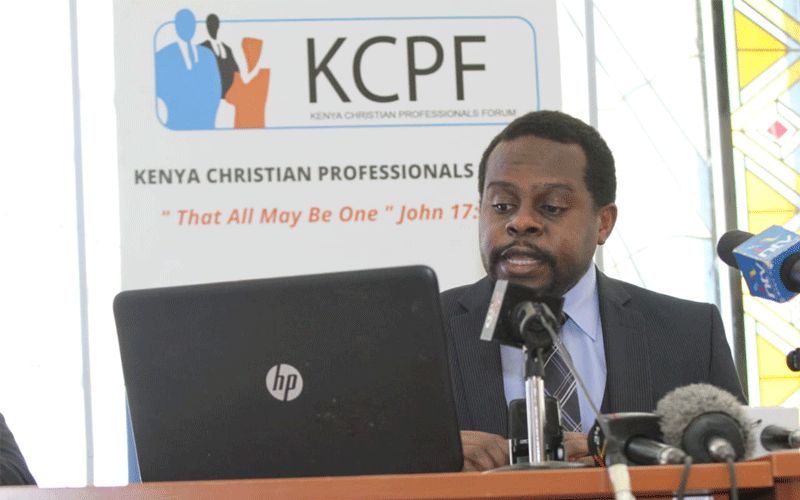Nairobi, 28 August, 2020 / 10:03 pm (ACI Africa).
A study commissioned by the Kenya Christian Professionals Forum (KCPF) to assess citizens’ perception of abortion has established that majority of people in the East African nation are opposed to attempts to legalize termination of pregnancy.
The findings are contained in a 24-page study report dubbed “KCPF Perceptions Study on Abortion, Homosexuality and 2010 Constitution,” which was released during a press conference in Nairobi on Friday, August 28.
The study, which was carried out by international research firm, Ipsos, on behalf of KCPF has established that 85 percent of Kenyans “think abortion should not be permitted,” a position supported by 86 percent of females and 84 percent of males.
Conducted between 20 August and 23 August, the study shows that out of the 85 percent respondents who expressed their opposition to the legalization of abortion, 91 percent are Muslims, 84 percent are Catholics, 84 percent are “other Christians,” and 86 percent we identified as non-religious.
The results of the study that involved 2,050 respondents drawn from Kenya’s eight administrative regions also show that six percent of Kenyans support the legalization of abortion and nine percent “reject abortion on request, but would allow abortion in some cases like to protect a mother’s life.”








